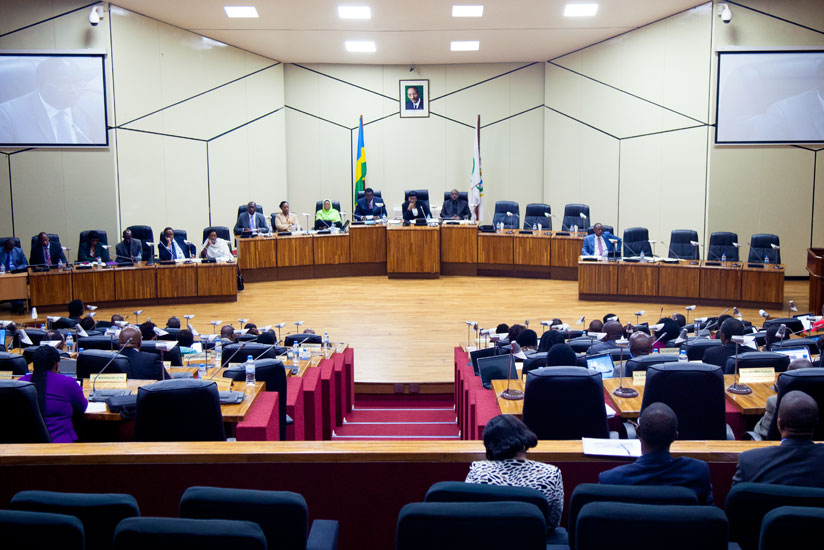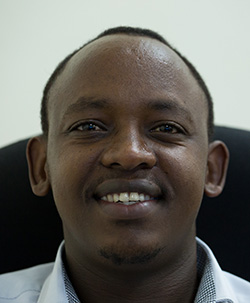Tight schedule awaits Parliament from recess
Both chambers of Parliament resume business today when the second ordinary session gets underway.

Members of Parliament during a past plenary session. (Timothy Kisambira)

